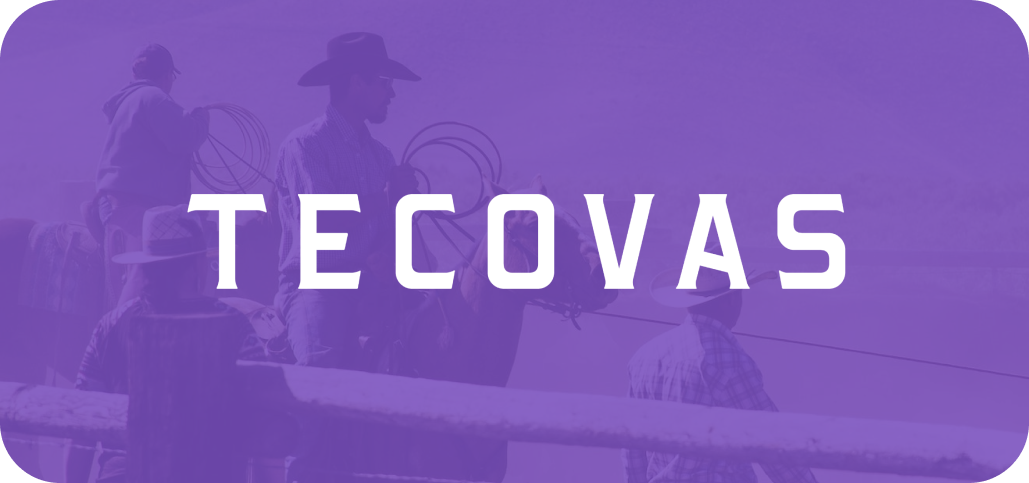


Executive summary
7-Eleven is the world’s largest convenience retailer, laser-focused on innovating to provide customers on the go with frictionless digital experiences. In 2024, their aim was to ensure that no more than 1% of self-checkout experiences encountered an issue at any time, while scaling the program to thousands of stores, including the Speedway brand, which 7-Eleven acquired in 2021.
Matt Magee, Senior Software Engineering Manager in the R&D department, was charged with scaling 7-Eleven’s new self-checkout program, which they expected to improve and speed up the in-store experience. He needed to find a noninvasive way to track issue rates and understand how to deliver a consistently good experience as the program scaled.
LogRocket provided 7-Eleven with powerful analytics insights, flexible user session replay, and a universal source of truth of how customers moved through self-checkout.
Intro
7-Eleven launched their self-checkout program to improve customer wait times at point of sale, reduce labor costs, and make employees more available to help customers and manage inventory.
While all the self-checkout kiosks are Android devices running the same React Native app, the 7-Eleven was migrating to a new back-office system that needed to be compatible with older versions.This made it difficult to scale new initiatives. Matt needed to find a digital experience analytics solution flexible enough to accommodate their back-office, but still able to track their success against a new goal of reducing overall technical issues and expanding self-checkout offerings to thousands of stores.
LogRocket offered high-fidelity session replays of customer behavior, detailed conversion analysis, technical information Matt could easily share with his product, engineering, and UX teams, and easy integration into their existing systems. With LogRocket, Matt gained insights into user interactions within 7-Eleven’s new point of sale (POS) systems, cut average issue rates to 0.5%, and reduced time to resolution of issues from days to hours.
Native mobile analytics at scale
7-Eleven’s self-checkout kiosks consist of Android devices running React Native apps, which then integrate with each store’s unique back-office system. “We’re in a couple thousand stores, and there are a lot of different configurations across them,” Matt explained. “[Before LogRocket] we had a lot of difficulty hunting down these very specific store bugs.”
Before LogRocket, Matt and his team worked with various logging and debugging tools to gain insights, none of which offered session replay.
Matt started testing LogRocket during a QA trial of self-checkout kiosks at 7-Eleven’s cashierless store at their support center in Irving, Texas. Matt noticed that internal testers were being charged twice for items in their carts. He quickly hit a wall looking into the issue with his legacy tool, but quickly found the root cause when he investigated with LogRocket.
“LogRocket showed me its value immediately — I had spent two days trying to hunt down this bug with other tools, and within an hour LogRocket had found the exact source of the issue.”
LogRocket provided Matt and his team with everything they needed: a dedicated replay of the user’s session, plus network and other technical information necessary for debugging. “I found through session replay that users were opening and closing a modal to make adjustments to their carts, and each time they reopened the modal there was a memory leak happening that caused duplicate charges,” Matt explained.
Matt also set up conversion analytics for reporting on the program’s success that could grow as they scaled. He later enabled several integrations to bring data from other systems into LogRocket to smooth issue triage and connect frontend issues with backend causes.
Reducing complexity to improve customer efficiency
7-Eleven started the self-checkout program to reduce average issue rates to under 1%, which they achieved in part due to capabilities unique to LogRocket.
7-Eleven’s self-checkout kiosks are always on the start screen, ready to use. For most digital experience solutions, this meant that all user sessions would be combined into one session, presenting two challenges:
- Locating individual sessions when issues occur
- Gathering metrics about individual user sessions, which meant that 7-Eleven would be unable to gauge progress toward reaching their goal of reducing average checkout time to under a minute
That was not an issue in LogRocket, though. Matt could define precise session recording criteria within LogRocket’s UI to ensure that 7-Eleven captured each user session separately.
“The risk with not having LogRocket that we found is when we really need to dig into specific transactions for a specific store.”
This helped 7-Eleven identify and separate specific user sessions, important for both debugging and understanding user behavior trends, allowing them to reach their goal of getting an average issue rate under 1%.
With this success, Matt expanded LogRocket access to 50 teammates.
“We include LogRocket as part of our toolkit, so when engineers are creating new features…they can pull up sessions to see how it’s performing every day.”
Overall, Matt attributes their ability to achieve the goal of reduced checkout time to workflow improvements and UI insights driven by LogRocket’s conversion analytics, journey tracking, and session replay.
Efficiently creating frictionless digital experiences for customers on the go
As 7-Eleven continues to scale their self-checkout program, Matt hopes to adopt more of LogRocket’s proactive features to anticipate user issues before they even happen in-store. With thousands more stores on the horizon, around 20 additional team members will join Matt’s LogRocket project in 2024 to focus on improving customers’ digital experience.
He’s also started using Galileo AI to help surface the issues that have the highest impact on user experience before they arise in the field. “LogRocket helps us find that needle in the digital haystack,” Matt said, which is invaluable to his team as they begin their post-launch optimization work.





